Kailash Aerial Darshan 2026, 1st batch starts on the auspicious occasion of Mahashivratri. Seats are limited. Book your yatra now to avail the best offer. Kailash Mansarovar Yatra for 2026 starts in May. Dial +91 8510007751 for further queries and to book your yatra.Kailash Aerial Darshan 2026, 1st batch starts on the auspicious occasion of Mahashivratri. Seats are limited. Book your yatra now to avail the best offer. Kailash Mansarovar Yatra for 2026 starts in May. Dial +91 8510007751 for further queries and to book your yatra.
Which Gods are Worshipped on Diwali & Why, the Significance Behind Puja Rituals
Which Gods are Worshipped on Diwali & Why, the Significance Behind Puja Rituals
Overview
Diwali, the Festival of Lights, is one of the most joyful and bright festivals for Hindus celebrated across India and the world. The festival is beyond the glowing diyas, sweets, and fireworks, but is a time of devotion, renewal, and expressing gratitude to the divine, which honours several deities, each representing unique spiritual values and blessings.

Share This Blog :
Reach out to us
Have An Enquiry? Write To Us…
Popular Pilgrimage Packages
No data found
Frequently Asked Questions about
Which Gods are Worshipped on Diwali & Why, the Significance Behind Puja Rituals
Related Blogs
Related Packages
Reach out to us
Have An Enquiry? Write To Us…
We Got Featured in the Media
What People Say About Us

Tour Resources
Trip To Temples Packages
Popular Destinations
© 2026 Trip To Temples. All Rights Reserved.
Design & Developed By : Divine Mantra Pvt Ltd
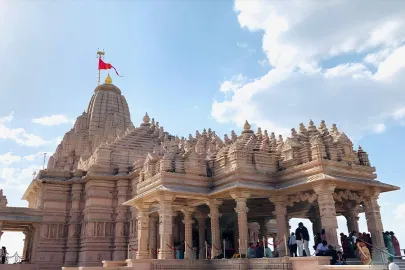
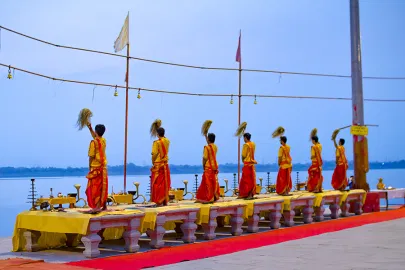
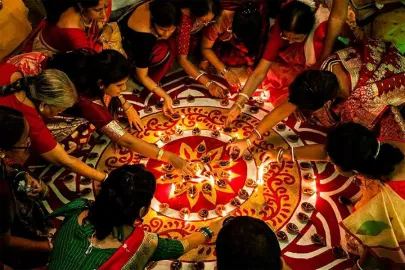
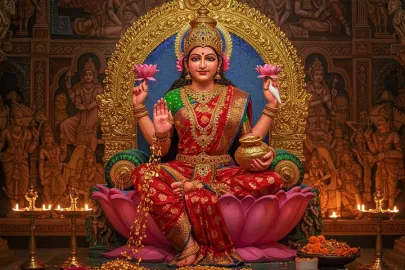
.webp?width=400&height=600&mode=crop&crop=smart)
.jpg?width=400&height=600&mode=crop&crop=smart)
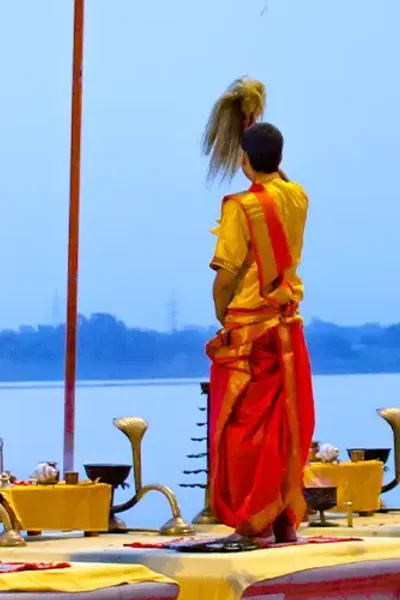
.jpeg?width=400&height=600&mode=crop&crop=smart)














